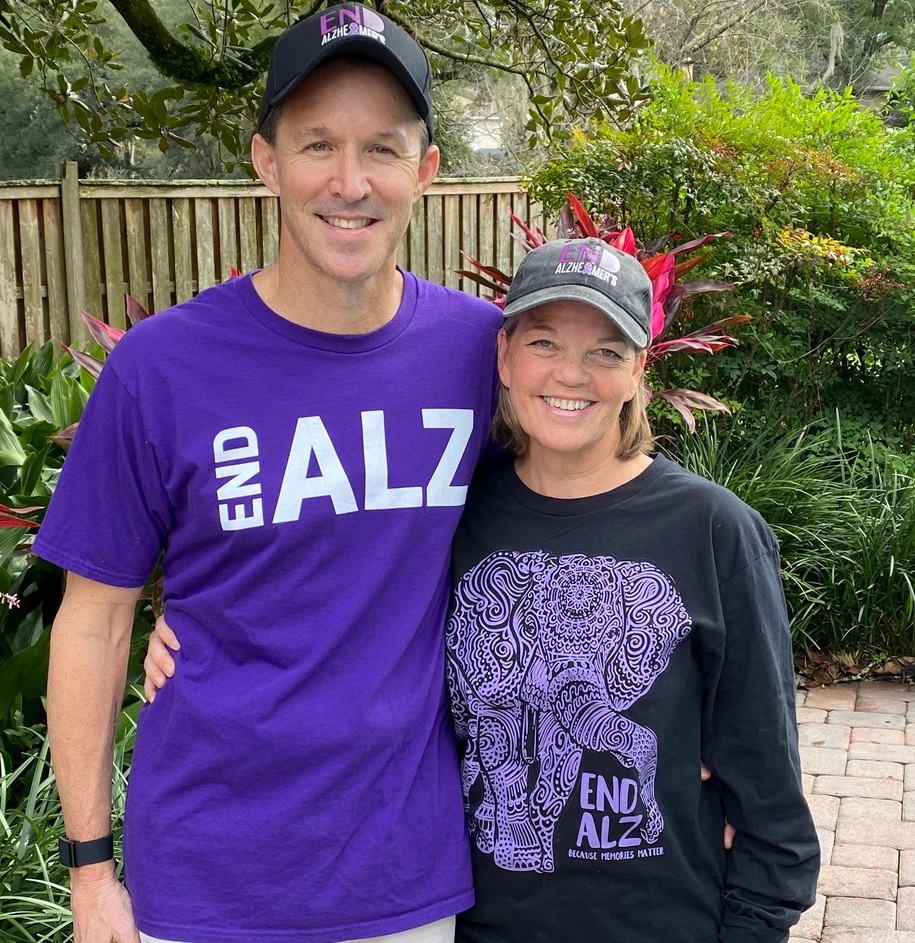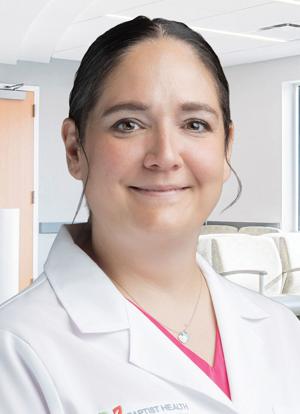Health advocates on Long Island are responding to alarming breast cancer statistics by providing free mobile screenings in the community. A study published by the National Library of Medicine in 2025 reveals that Black women are 40% more likely to die from breast cancer than their white counterparts. This disparity is compounded by a higher likelihood of late diagnoses and the development of aggressive forms of the disease, such as triple-negative breast cancer.
Dr. Monique De Four Jones, affiliated with Northwell Health, emphasized the importance of early detection. “Unfortunately, with it being picked up in later stages, there’s difficulty for access,” she explained. Recognizing the barriers to healthcare access, the initiative aims to eliminate obstacles such as transportation issues that hinder women from reaching radiology centers or healthcare providers.
The program not only offers screenings but also provides bilingual health education to ensure that all women can understand and access the care they need. Dr. De Four Jones stated, “Sometimes people don’t have transportation to get to radiology centers or screening places.” By bringing services to the community, the advocates hope to increase awareness and accessibility.
Leah E. Watson, chairman of the Ivy Foundation Suffolk/Nassau Counties Inc., shared her personal experience with health issues, highlighting the disparities in healthcare access. “I’m blessed to be able to have coverage to allow me to get things done, but not everyone is able to do that,” she noted.
During these mobile screenings, healthcare professionals are prepared to assist patients who may require follow-up care. If any abnormalities are detected, patients will be referred to one of Northwell Health’s mammography centers for further evaluation at no cost.
This initiative marks the second year of mobile screenings, and the advocates involved express hope for its continuation in future years. By focusing on direct community engagement, these screenings aim to address the significant health disparities affecting women, particularly those in underserved populations.







